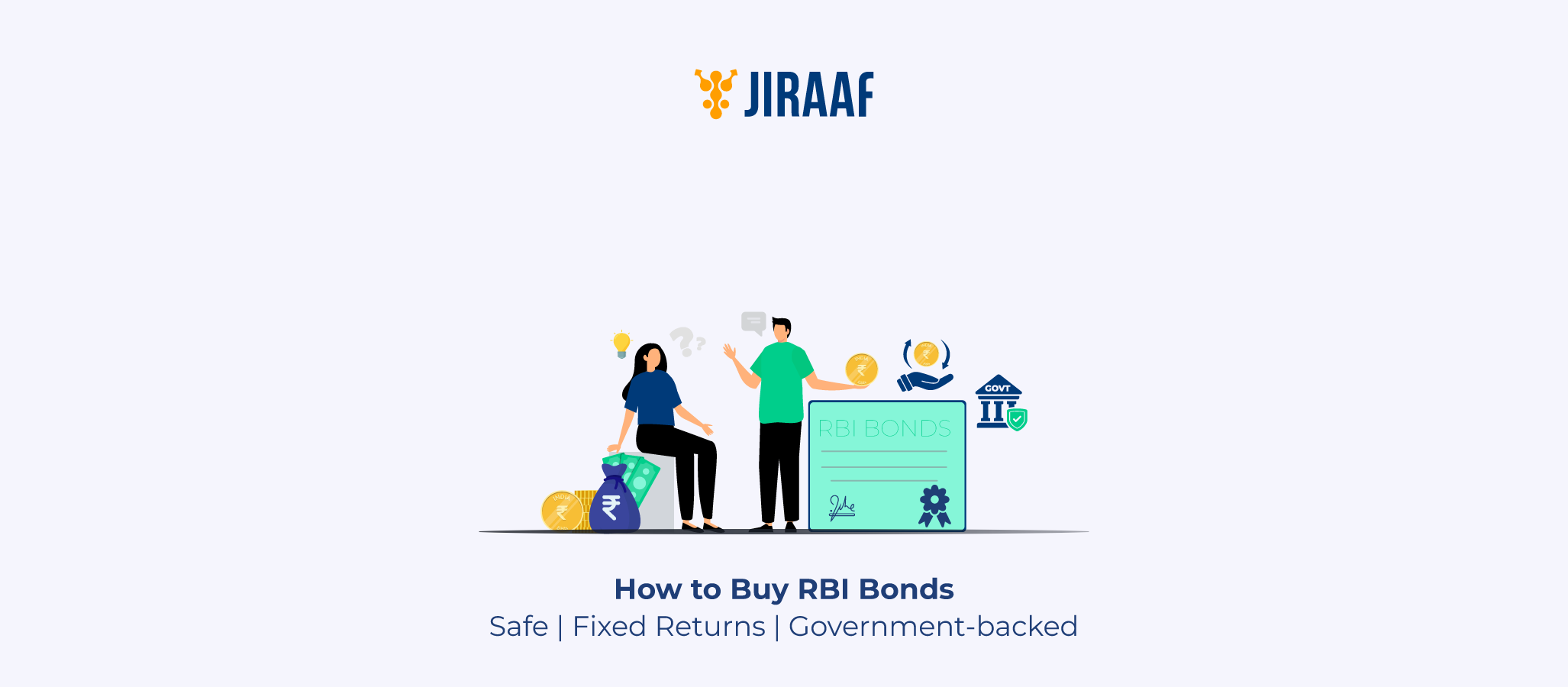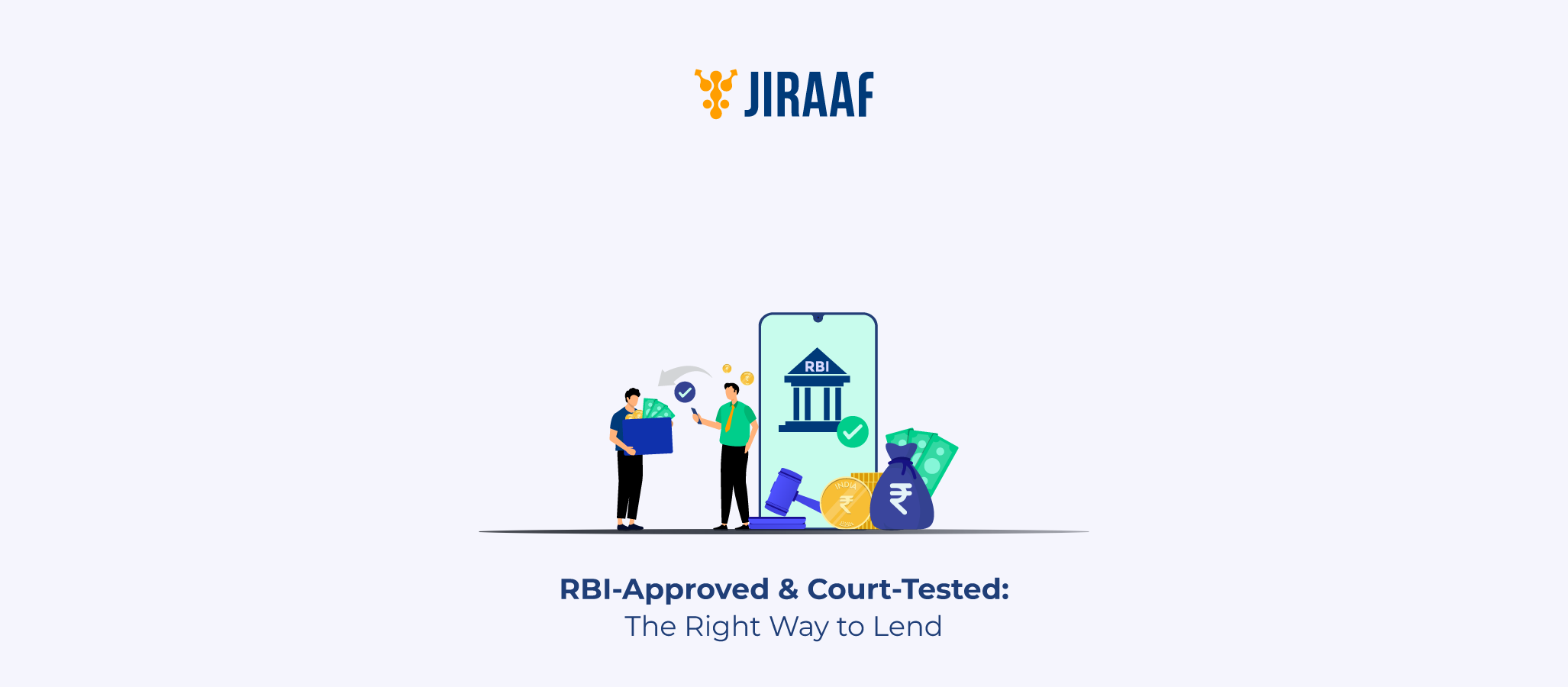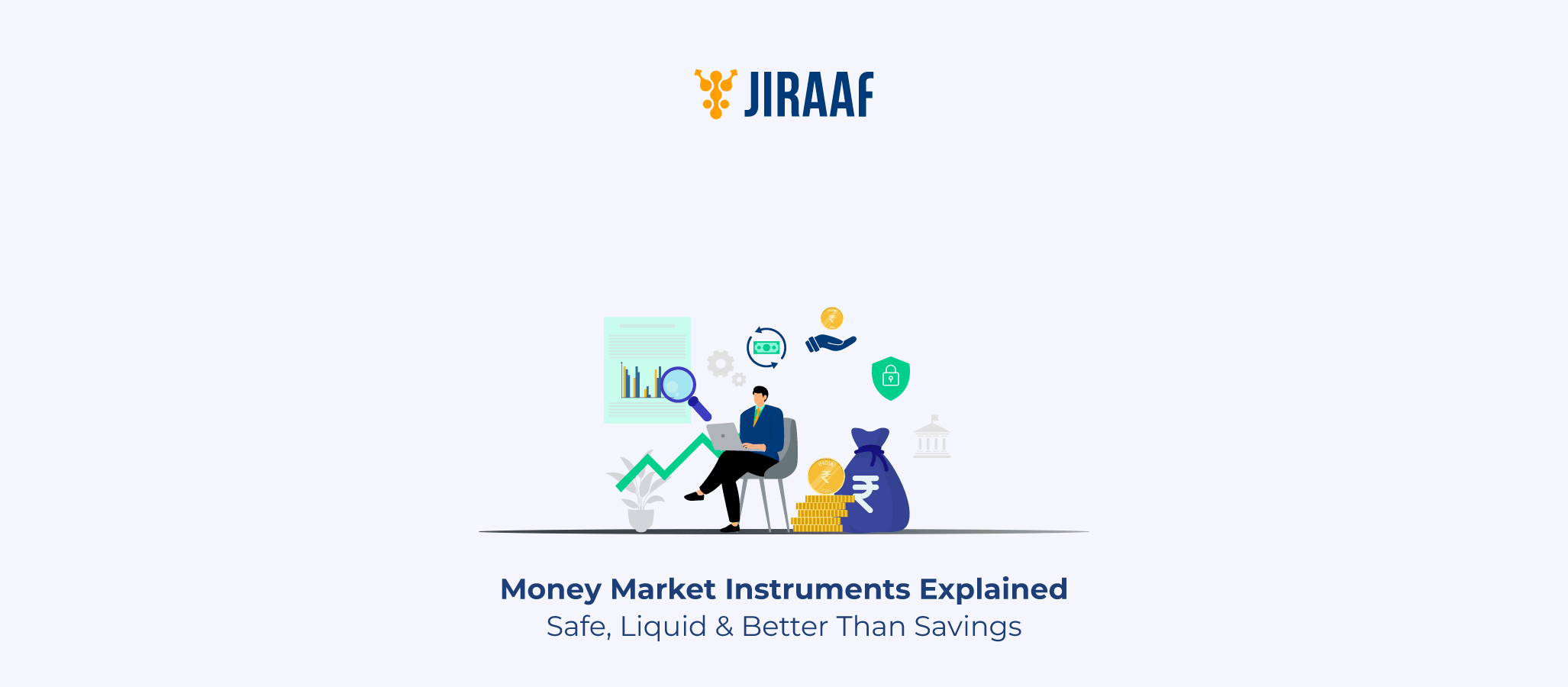When it comes to secure investment options backed by the government, RBI Bonds (issued by the Reserve Bank of India on behalf of the Government of India) are among the most trusted fixed-income instruments for Indian investors. These bonds offer capital safety, predictable interest returns, and long-term financial stability, especially for conservative or risk-averse investors.
In this detailed guide, we will explore what RBI bonds are, the types available, interest rate structures, eligibility, tax implications, and, most importantly, how you can buy RBI bonds online or offline in India.
What Are RBI Bonds?
RBI Bonds are fixed-income investment instruments issued by the Reserve Bank of India on behalf of the Government of India. They provide Indian citizens with a low-risk investment vehicle, ensuring capital protection and steady interest earnings.
These bonds are often referred to as RBI Savings Bonds and usually have a fixed tenure. They are neither tradable nor transferable. They cannot be used as collateral for loans as well.
Some of their key characteristics are as follows:
- Issued and guaranteed by the Government of India
- Fixed or floating interest rate (depending on the bond type)
- Typical tenure of 7 years
- Interest paid semi-annually (every 6 months) rather than quarterly
- Can be purchased by individuals and Hindu Undivided Families (HUFs)
- Minimum investment is ₹1,000, with no upper limit
- Bonds issued in electronic format (Bond Ledger Account) with a physical certificate on request
RBI Bonds Interest Rate and Tenure
The interest rates on RBI Bonds vary based on the type of bond.
Taxable Bonds (Floating Rate Savings Bonds)
- Interest Rate: 8.05% per annum (as per latest issuance from October 2023 to April 2024), linked to the National Savings Certificate rate + 0.35% spread
- Tenure: 7 years
- Interest Payout: Every 6 months (non-cumulative)
- The interest rate resets every six months based on the prevailing NSC rate.
- Bonds are non-transferable and have no cumulative option
Types of RBI Bonds Available
Currently, several types of RBI bonds are prevalent.
1. RBI Floating Rate Savings Bonds (Taxable)
- Launched in 2020
- Offers a floating interest rate currently at 8.05% per annum (for the period July 2025 to December 2025), which is reset every 6 months based on the National Savings Certificate rate plus 0.35% (35 basis points)
- Tenure: 7 years
- Interest Payout: Every 6 months (non-cumulative; interest paid out, not compounded)
- Minimum investment: ₹1,000
- No maximum investment limit
- Bonds are non-transferable and non-tradable
- No cumulative option available
- Can be purchased only by resident Indian individuals and Hindu Undivided Families (HUFs)
2. Capital Indexed Bonds (Previously Issued)
- Returns linked to an inflation index, protecting the principal against inflation
- Not currently available for retail investors (issued in earlier years but now discontinued)
3. Sovereign Gold Bonds (Though not traditional RBI bonds)
- Issued by RBI on behalf of the Government of India
- Returns linked to the market price of gold plus a fixed additional interest (currently 2.5% per annum)
- Can be held in demat or physical form
- Popular for investors seeking exposure to gold with government backing
How to Buy RBI Bonds Online and Offline
Buying RBI bonds is pretty straightforward. You can choose to buy them through online or offline modes depending on convenience.
Online Purchase Process
You can buy RBI bonds online via authorized bank websites such as SBI, HDFC, ICICI, Axis Bank, Bank of Baroda, and others.
Steps to Purchase Online
- Visit the official website of the authorized bank.
- Navigate to the ‘RBI Floating Rate Savings Bond’ section.
- Register and provide personal and nominee details.
- Upload required documents like ID proof, PAN, and address proof.
- Make the payment via internet banking or UPI.
- Download the e-bond certificate once the transaction is successful
Offline Purchase Process
Steps to Purchase Offline
- Visit the nearest branch of an RBI-authorized bank.
- Request the RBI bond application form.
- Fill out the form and submit it with the required documents: PAN card (mandatory), Aadhaar or other ID proof, and passport-size photograph.
- Payment can be made by check, demand draft, or electronic transfer (cash payments allowed only up to ₹20,000).
- Upon successful processing, a bond certificate will be issued.
- Interest payouts will be credited directly to your bank account.
Tax Implications on RBI Bonds
- Interest Income: Fully taxable under the head “Income from Other Sources” and added to your total taxable income, taxed according to your income tax slab.
- TDS: Currently, no TDS is deducted by RBI on the interest paid, but you must report the income and pay applicable taxes.
- No Tax Benefit on Investment: Investments in RBI Bonds do not qualify for deductions under Section 80C or any other tax benefits, unlike PPF or ELSS.
Eligibility Criteria and Documents Required
Who can Invest?
- Indian citizens (resident individuals) above 18 years of age
- Hindu Undivided Families (HUFs)
Who cannot Invest?
- NRIs (Non-Resident Indians)
- Trusts, Charitable institutions, and Private firms
Required Documents
- PAN card
- Aadhaar card (or other valid address proof)
- Passport-size photograph
- Bank account details for interest credit
Pros and Cons of Investing in RBI Bonds
| Pros | Cons |
| Backed by Government of India (High Safety) | Fully taxable interest (no tax saving) |
| Better interest than many bank fixed deposits | Long lock-in period (7 years) |
| No risk of default | No premature withdrawal except for specified cases for senior citizens |
| Fixed, predictable income | Non-tradable and illiquid |
Conclusion
RBI Bonds are an ideal option for conservative investors, retirees, or HUFs seeking safety, stable returns, and long-term capital preservation. The interest rates are attractive compared to many fixed deposits, but the lack of liquidity and tax inefficiencies should be carefully considered before investing.
With contributing factors like improved online access, intuitive platforms, etc., purchasing RBI bonds has become as easy as pie. However, investors in higher tax brackets or seeking greater liquidity and growth may explore alternatives such as mutual funds, debt funds, or the National Pension System (NPS) for better post-tax returns.









